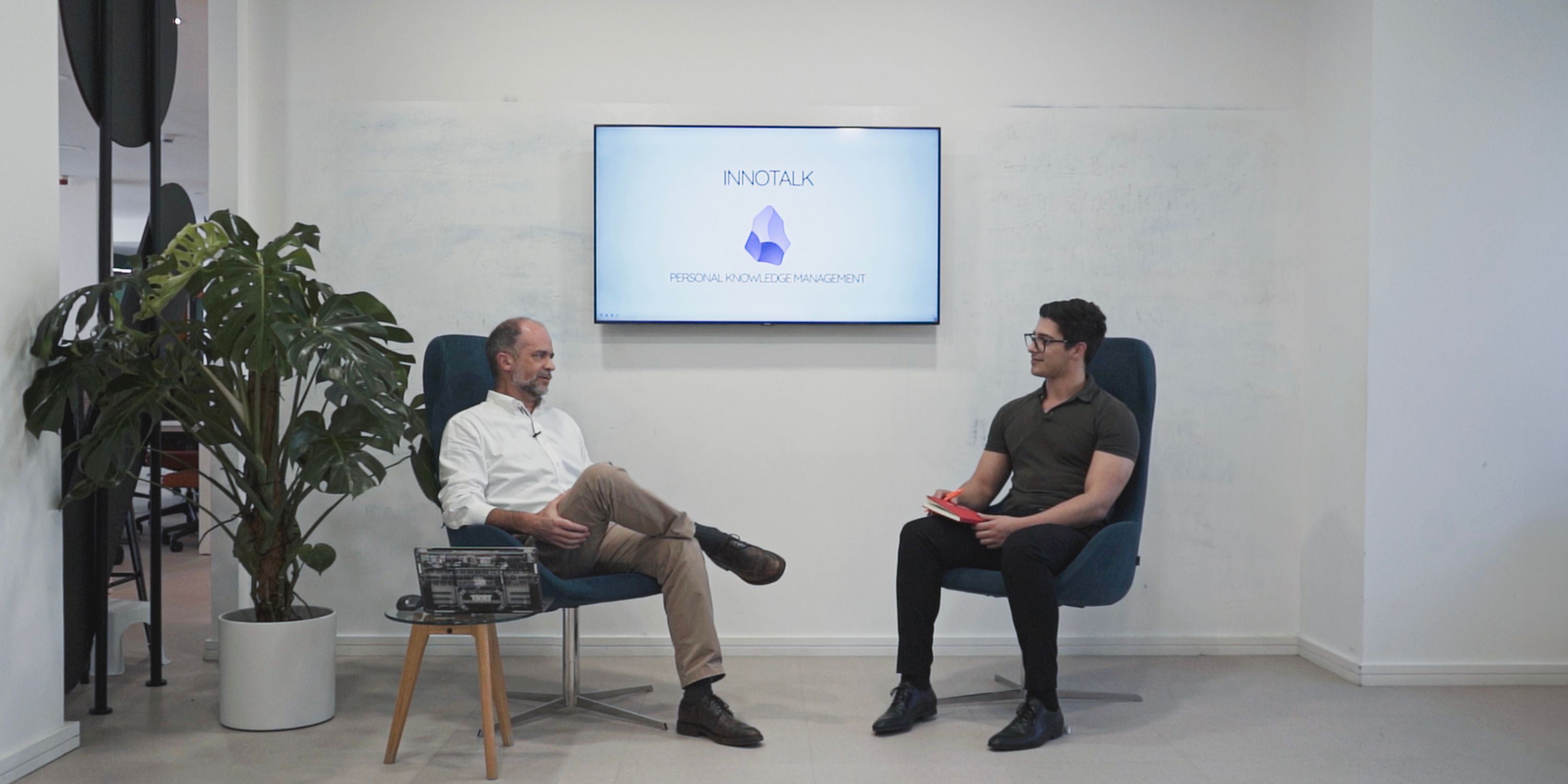Companies will face challenges such as further flexibilizing working conditions and requalifying workers, equipping them with skills for an increasingly automated world.
Rodrigo Maia Prinzo, our Head of People Ops, was invited by Jornal Económico to share his opinion regarding one critical question: “Companies are in the process of adapting to new technologies. What changes can be expected in the job market in the next 10 years?”.
Here are his thoughts! Check the original article by clicking here.
Wanting to know what awaits us in the future is part of human nature. In the professional realm, it’s no different. Over the past few years, we’ve been asked, here and there, “where do you see yourself in X years?” and we were taught that we should know how and what to answer if we wanted to build a successful career. The truth is that, not in the future, but already in the present, this premise has lost relevance.
Since the Industrial Revolution, we’ve witnessed various events, both in Portugal and on a global scale, that have significantly marked the job market – changes for and within companies, workers, rights, and responsibilities. The most recent ones were the Covid-19 pandemic, the war in Europe, and notably, the shift towards a more technological and sustainable world.
In the second half of the 20th century, with the development of computers and the creation of the first “robotic machines,” the narrative that technology would replace human labor began to gain ground. Today, with technology present from the primary to the tertiary sector, we already know that jobs will not cease to exist; it’s the professional activities that will be adapted. This significant complement streamlines and prompts a rethinking of existing jobs, rather than merely replacing them. In the next decade, more and more tasks will be handed over to machines, giving employees the opportunity to focus on more complex tasks.
The democratization of technology, leading to widespread use by the population, including the employed population, and the vast amount of data enabling more robust decision-making, also bring forth necessities: critical and analytical thinking, creativity, and active learning are fundamental skills and behaviors for professionals of this future.
On the corporate side, investing in corporate education will be indispensable. As a complement to the training each professional undertook on their own initiative, the organization, given its sector of activity and specialization, should prioritize the acquisition, maintenance, and dissemination of knowledge among its professionals.
Rodrigo Maia Prinzo, Head of People Ops at InnoTech



